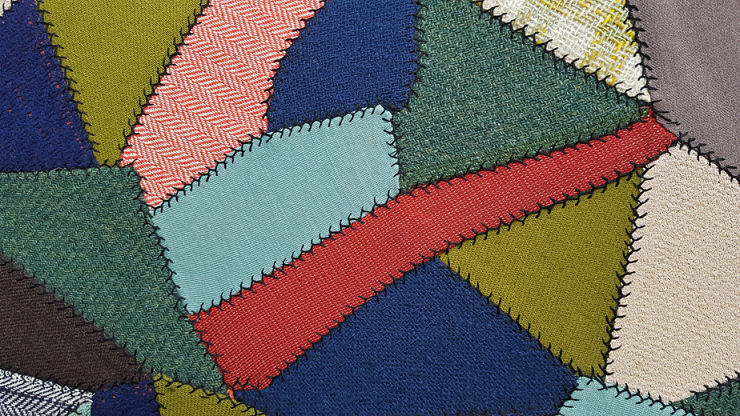“They can’t take my house, whatever happens. Right?”
The young man in my office “knew” how the California homestead works: he insisted that his home was exempt as a California homestead, even if he filed bankruptcy.
He “knew” that credit card debt was dischargeable.
And that “knowledge” lead to his conviction that , in bankruptcy, he could keep the house and ditch the credit card debt without payment.
Wrong.
In his mind, bits of legal truth got stitched together into a bankruptcy myth. Let’s piece together the truth.
How California homestead works
True: every California homeowner can claim a homestead in their principal residence. CCP 704.720
But: the homestead is limited to a certain amount of value. For the single guy sitting across my desk, that amount was $75,000. Equity in his condo in excess of that isn’t protected by the homestead.
Worse, the homestead is only effective against certain kinds of creditors. The tax liens that were of record for old tax years aren’t defeated by a state law homestead. So the tax liens remain enforceable. *
Credit card debt is dischargeable
True: unsecured credit card debt (not incurred by fraud) can be wiped out in bankruptcy.
But: the discharge speaks to whether the debt survives the bankruptcy and is enforceable afterwards. Being dischargeable doesn’t mean that creditors don’t share in the bankruptcy distribution. So, if there is non exempt value, dischargeable debts share in the pool of money.
Asset value matters in bankruptcy
True: every debtor can claim exemptions that protect the exempt amount from being paid out to creditors in the bankruptcy case.
But: the asset value not protected by an exemption is available to pay the claims of creditors, as far as that value goes. For most unsecured creditors, all they get from the debtor is their pro rata share of the non exempt property of the estate. Any unpaid balance is discharged. So, it pays to take care in valuing your assets.
Bankruptcy truths
So when the bits of the law my client got right about how the California homestead works are expanded and seen as a whole, any bankruptcy discharge was unlikely to result in paying less to his creditors. His house represented far more value than the debts, dischargeable and non dischargeable, that he owed.
Likely, in either Chapter 7 or Chapter 13, his creditors would get 100% of their claims. In my view, any amount he might save in reducing the interest accruing on those claims to the bankruptcy interest rate would be eaten up by the legal fees to file the case, and the credit hit he would incur.
True story of huge savings on credit card debt
The one critical bankruptcy advantage might be the power of the automatic stay: if the mortgage lender threatened a foreclosure before he could cure the secured arrears, bankruptcy could stop foreclosure long enough to either propose a Chapter 13 plan, or arrange family help to keep the house.
* In Chapter 13, the homeowner could strip a tax lien down to the value of the home after all senior liens were subtracted. The stripped down lien would have to be paid in full through the plan. The balance of the tax lien would be treated as an unsecured claim.
More
Everything you need to know about the California homestead exemption
Who gets paid first in bankruptcy






